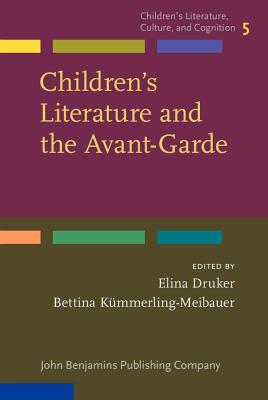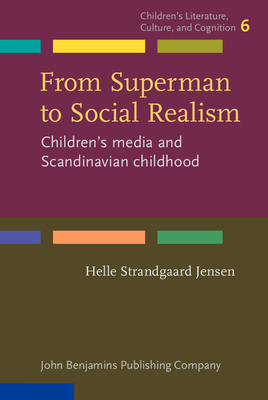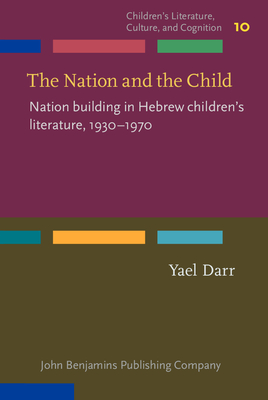


Books in series

Fictions of Adolescent Carnality
2013

Literary Conceptualizations of Growth
2014

Reading for Learning
2014

The Mighty Child
2015

Children's Literature and the Avant-Garde
2015

From Superman to Social Realism
2017
Maps and Mapping in Children's Literature
Landscapes, seascapes and cityscapes
2017
Mixed Magic
Global-local dialogues in fairy tales for young readers
2017

The Nation and the Child
2018
Authors
Maria Nikolajeva is an academic hailing from Russia, whose chief focus is on literary theory and the study of children's books. "I was born in Russia, and I moved to Sweden in 1981. Until 2008 I was a Professor of Comparative Literature at Stockholm University, Sweden. Now I am a Professor and Chair at the University of Cambridge, UK, which is about the highest an academic can get. ... Some highlights (of my career) include a Fulbright Grant at the University of Massachusetts, Amherst; a Fellowship at the International Youth Library in Munich and H. W. Donner Visiting Chair at Åbo Akademi. In 2006 I was also made Honorary Professor at the University of Worcester, UK. In 1993-97 I was President of the International Research Society for Children's Literature. However, the crown of my success is the International Brothers Grimm Award 2005 from the Osaka Institute for Children's Literature, given for a life-time achievement in children's literature research. I have written and edited twenty scholarly books and about three hundred articles and reviews. I have also published two young adult novels, two picturebooks, a cookbook and a memoir. My current research project is on literary cognitivism. I have been a visiting lecturer all over the world: Europe, North America, Latin America, Asia, Australia and South Africa. I am married to Staffan Skott, who is a Swedish writer and journalist. We have five children and ten grandchildren. My current hobbies are gardening, pottery, star gazing, papermaking and miniature making, and I also enjoy cooking and eating a good meal. Believe it or not, but I do read for pleasure sometimes. My favorite book is Winnie-the-Pooh. Recently, I have been re-reading classics, such as Thomas Mann's The Magic Mountain, Cervantes' Don Quixote and Melville's Moby-Dick."
- from Academia.edu